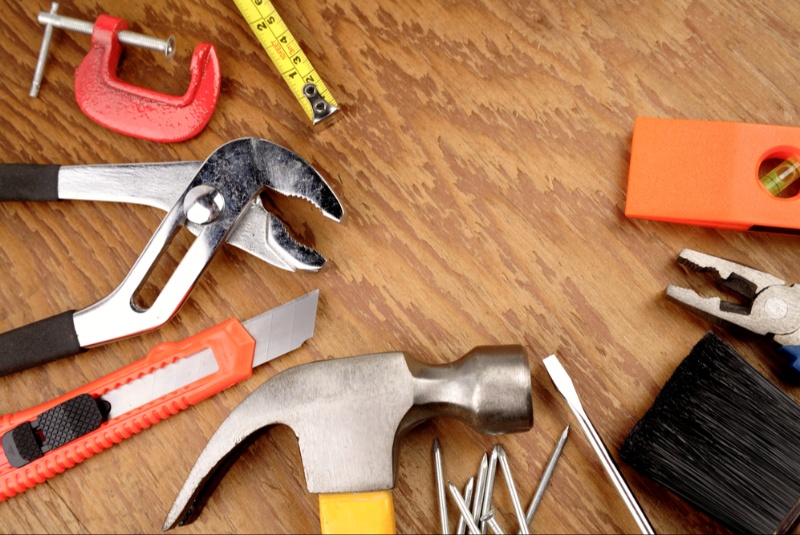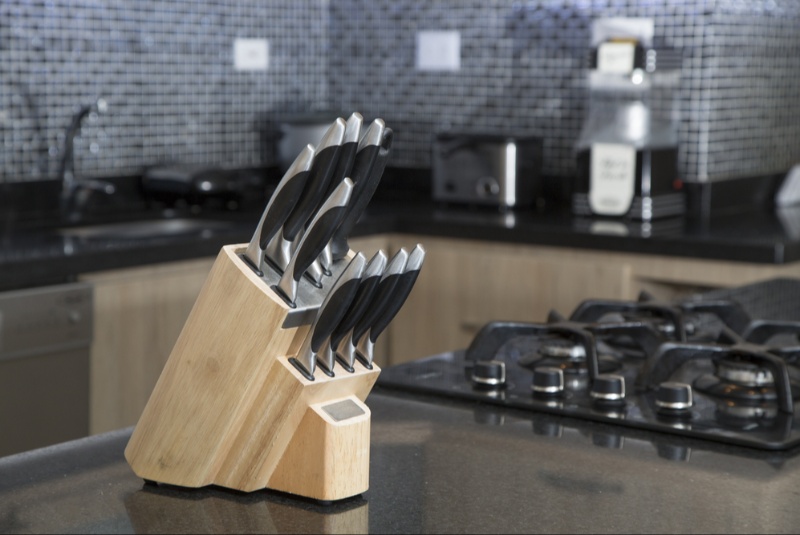As summer approaches, the need for a reliable garden hose becomes paramount for maintaining a lush, vibrant garden. Choosing the right hose can make watering your garden, cleaning outdoor areas, or washing your car a much easier and more efficient task. This guide will assist you in finding the best garden hose that caters to your specific gardening requirements.
Understand Your Gardening Needs
Before choosing a garden hose, evaluate the specific tasks you need it for and the layout of your garden. If your garden spans a large area or you have multiple garden beds that are far from a water source, you'll likely need a longer hose. Consider the types of tasks you undertake regularly, whether it's light watering, deep watering for root systems, or cleaning jobs. This will help determine the necessary durability and flexibility of the hose, as well as any additional features that may be beneficial, such as a multi-pattern nozzle for different watering needs.
Choose the Right Material
The material of your garden hose affects its durability, flexibility, and suitability for different temperatures:
- Vinyl hoses are affordable and suitable for light-duty watering tasks in mild climates but may not offer the longevity or kink resistance required for more rigorous use.
- Rubber hoses offer excellent durability and are generally kink-resistant and capable of handling hot water, making them ideal for intensive gardening and more demanding tasks. However, they can be quite heavy, which might be a consideration if ease of movement is a priority.
- Reinforced hoses incorporate layers of mesh or additional materials that enhance strength and durability, making them a good middle-ground choice for varied gardening needs.
Look for Kink Resistance
A kink-resistant hose is essential for smooth operation and longevity. Hoses that kink frequently can disrupt water flow, making watering tasks frustrating and potentially damaging the hose over time. Kink-resistant hoses are typically made with a robust internal structure or special materials that help maintain their shape and ensure uninterrupted water flow. Some hoses are marketed with guaranteed kink-proof designs, often validated by user reviews and ratings that testify to their effectiveness.
Consider Hose Length and Diameter
Selecting the appropriate length for your garden hose is crucial to cover all areas of your garden without stretching or causing wear and tear. Hoses that are too long can be cumbersome to move and store, while too short hoses may not reach all areas or require additional attachments. The hose diameter influences water flow; larger diameters provide more water, which can be useful for tasks that require high water volume. Common diameters are ½ inch, ideal for light gardening tasks, and ¾ inch, better suited for larger gardens with higher water requirements.

Evaluate Flexibility and Weight
Flexibility is important for maneuverability and ease of use, especially in a garden with various nooks and crannies. A flexible hose makes it easier to water hard-to-reach areas without straining. However, very flexible hoses may not be as durable. Balance flexibility with durability when choosing your hose. Additionally, consider the weight of the hose, as heavier hoses can be tiring to move around, especially for larger gardens or for users who may have difficulty handling heavy equipment.
Check for UV Resistance
UV resistance is an important factor if your hose will be stored outside where it will be exposed to sunlight for prolonged periods. UV rays can degrade certain materials, causing them to become brittle and crack over time. UV-resistant hoses are treated to withstand sunlight exposure, extending their lifespan and maintaining their performance and appearance.
Assess Coupling Quality
The coupling, or the connection point between the hose and water source or nozzle, is critical for preventing leaks and ensuring durability. Metal couplings, particularly brass or stainless steel, are generally more durable and provide a better seal than plastic couplings. They are also less likely to crack or break under normal use. Ensure the coupling fits securely with your existing fittings to avoid compatibility issues and potential water wastage.
Explore Extra Features
Some garden hoses come with extra features that enhance their functionality:
- Expandable hoses are lightweight and easy to store and can expand up to three times their length when filled with water, making them convenient for larger spaces.
- Coiled hoses automatically retract back to their original form, saving space and reducing the hassle of winding.
- Hoses certified for drinking water are made from materials safe for human consumption, an important feature if the hose will be used to fill swimming pools or pet water bowls.
Read User Reviews
User reviews are a valuable resource for gauging the performance and reliability of garden hoses. They can provide insight into how the hoses hold up under regular use, how true they stay to their claims (like being kink-free or UV resistant), and how well they perform in various conditions. Look for consistent themes in reviews to gauge common strengths and weaknesses, which can help refine your decision and ensure you choose a hose that meets your expectations.
By carefully considering these factors, you can select a garden hose that not only meets your specific needs but also offers ease of use, durability, and efficiency. This guide aims to help you make an informed decision, ensuring that you choose a hose that will serve you well throughout the gardening season and beyond.




